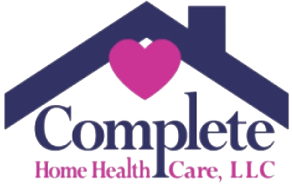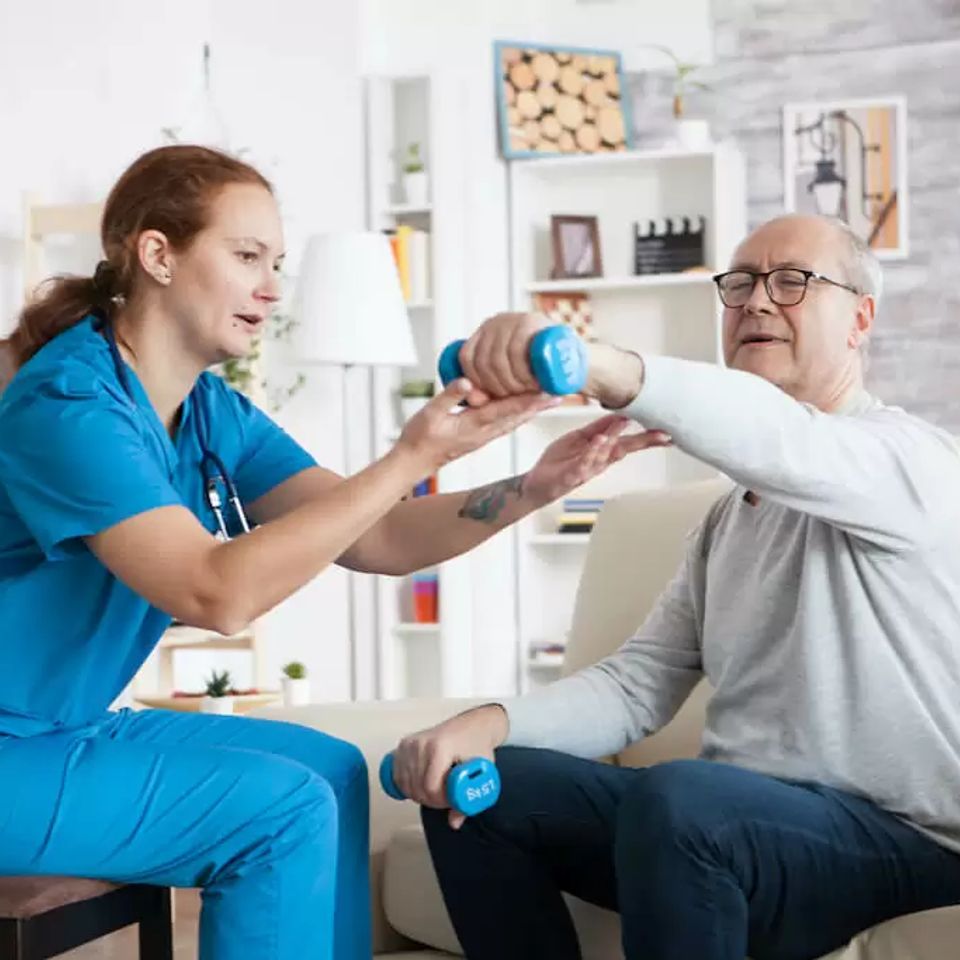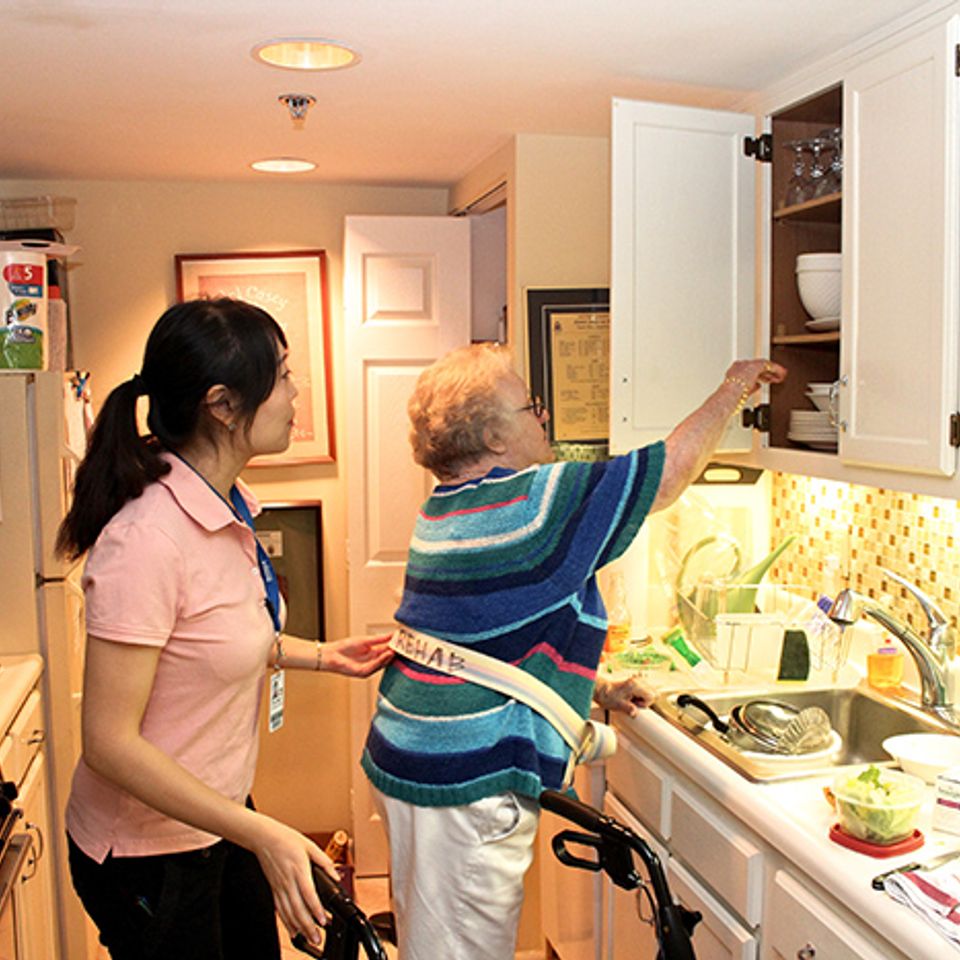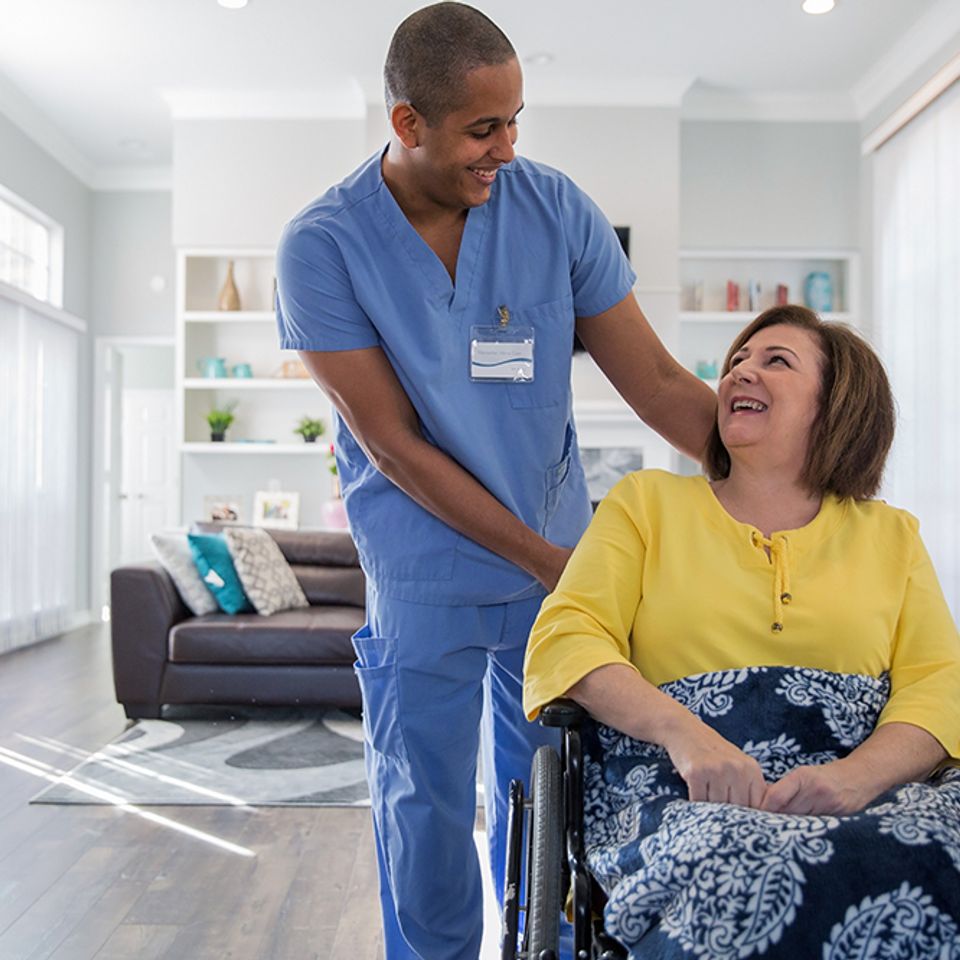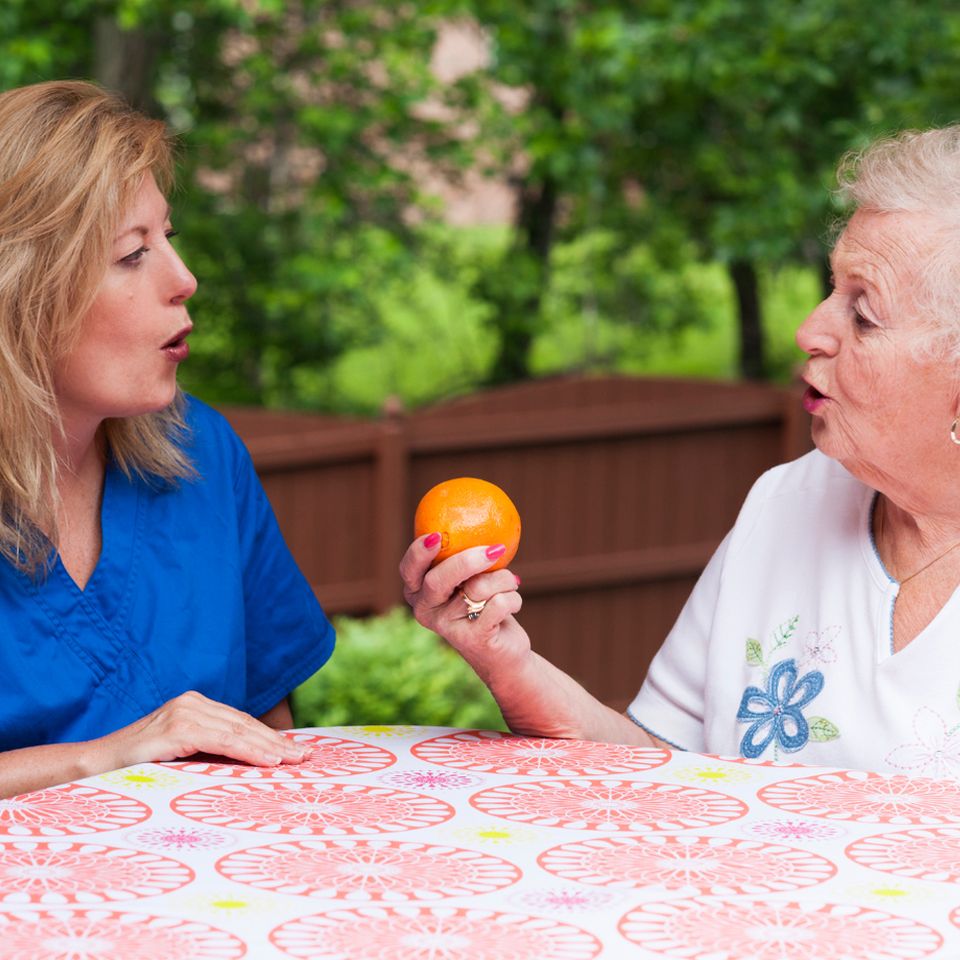
Skilled Nursing
Home Care Nursing is designed to teach patients and family caregivers how to manage health conditions in the home and ultimately to avoid unnecessary hospitalizations. The nurse’s role includes patient observation, assessment, chronic disease management and treatment, and teaching. It also includes communication and care coordination with the doctor.
Home Care Nursing may include:
Home Care Nursing may include:
- Diabetes education
- Cardiac education
- Easier Breathing techniques
- Blood Pressure and vital sign monitoring
- Simple Diagnostics
- Teaching about health conditions and how to avoid complications
- Wound care and dressing changes
- Administering IV medications and injections
- Management of feeding tubes
- Ostomy and Colostomy care
- Catheter care
- Foot care
- Pain management
- Medication reconciliation
- Dementia strategies
- Post-operative care
